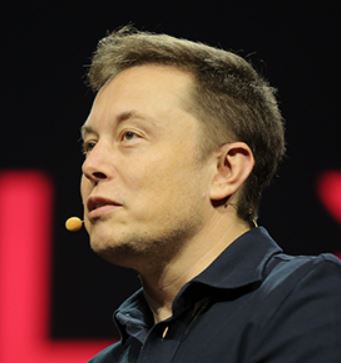 The Securities and Exchange Commission announced on Saturday that Elon Musk, CEO and Chairman of Tesla, Inc., has agreed to settle the securities fraud charge brought by the SEC against him last week. The SEC also today charged Tesla with failing to have required disclosure controls and procedures relating to Musk’s tweets, a charge that Tesla has agreed to settle. The settlements, which are subject to court approval, will result in comprehensive corporate governance and other reforms at Tesla—including Musk’s removal as Chairman of the Tesla board—and the payment by Musk and Tesla of financial penalties.
The Securities and Exchange Commission announced on Saturday that Elon Musk, CEO and Chairman of Tesla, Inc., has agreed to settle the securities fraud charge brought by the SEC against him last week. The SEC also today charged Tesla with failing to have required disclosure controls and procedures relating to Musk’s tweets, a charge that Tesla has agreed to settle. The settlements, which are subject to court approval, will result in comprehensive corporate governance and other reforms at Tesla—including Musk’s removal as Chairman of the Tesla board—and the payment by Musk and Tesla of financial penalties.
Musk and Tesla have agreed to settle the charges against them without admitting or denying the SEC’s allegations. Among other relief, the settlements require that:
Musk will step down as Tesla’s Chairman and be replaced by an independent Chairman. Musk will be ineligible to be re-elected Chairman for three years;
Tesla will appoint a total of two new independent directors to its board;
Tesla will establish a new committee of independent directors and put in place additional controls and procedures to oversee Musk’s communications;
Musk and Tesla will each pay a separate $20 million penalty. The $40 million in penalties will be distributed to harmed investors under a court-approved process.
According to the SEC’s complaint against him, Musk tweeted on August 7, 2018 that he could take Tesla private at $420 per share — a substantial premium to its trading price at the time — that funding for the transaction had been secured, and that the only remaining uncertainty was a shareholder vote. The SEC’s complaint alleged that, in truth, Musk knew that the potential transaction was uncertain and subject to numerous contingencies. Musk had not discussed specific deal terms, including price, with any potential financing partners, and his statements about the possible transaction lacked an adequate basis in fact. According to the SEC’s complaint, Musk’s misleading tweets caused Tesla’s stock price to jump by over six percent on August 7, and led to significant market disruption.
According to the SEC’s complaint against Tesla, despite notifying the market in 2013 that it intended to use Musk’s Twitter account as a means of announcing material information about Tesla and encouraging investors to review Musk’s tweets, Tesla had no disclosure controls or procedures in place to determine whether Musk’s tweets contained information required to be disclosed in Tesla’s SEC filings. Nor did it have sufficient processes in place to that Musk’s tweets were accurate or complete